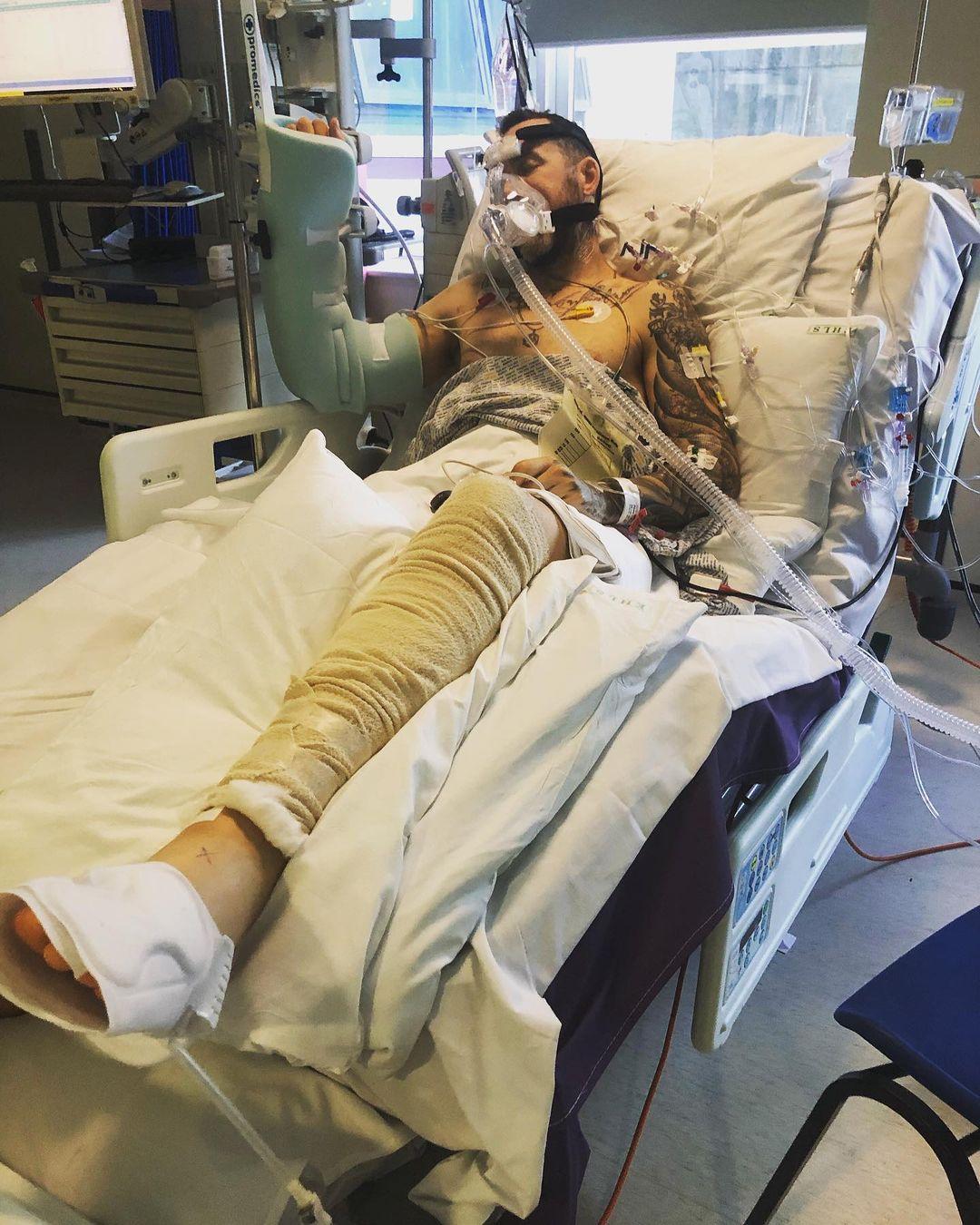A cyclist in the UK was left with broken legs, a broken arm, a punctured and collapsed right lung, heart trauma, and bowel trauma after he was hit head-on by a drunk driver. Losing all memory of the accident and after spending almost two weeks in the ICU, he shares his amazing journey of recovery and how he made the admirable decision to forgive the driver who left him almost dead on the side of a road.

Courtesy of Jean-Pierre De Villiers





